Secure coder careers
What is a secure coder?
Have you ever wondered what a security coder is, how you can get your first job as a security coder, or how much a security coder makes? Here’s a quick overview of the security coder career path and its promising job outlook.
A security coder works as part of an organization's security or engineering team. Their primary duty is to write and develop secure code in a way that safeguards against security vulnerabilities like defects, bugs and logic flaws. According to the Bureau of Labor Statistics, the overall employment of secure coders and software engineers is projected to grow 25% from 2022 to 2032.
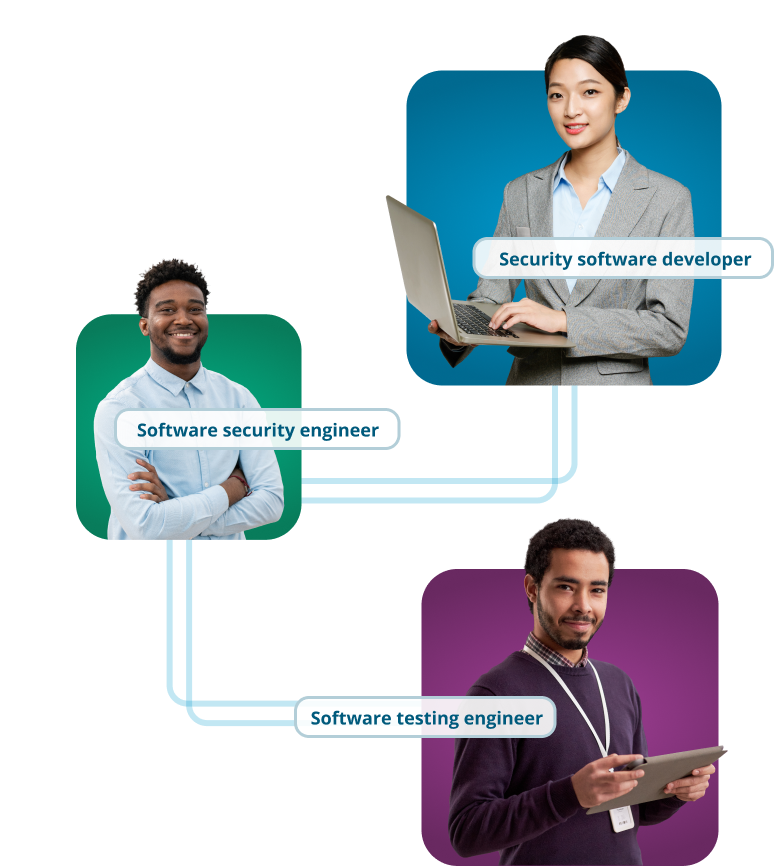
What does a secure coder do?
A security coder, also called a security software developer or software security engineer, is responsible for introducing secure coding methodologies before the software or application is transferred into a production environment. Security coders often follow recommendations from OWASP (Open Web Application Security Foundation) and use knowledge of common vulnerabilities to protect against various threats.
Secure coder job roles
In smaller organizations, software developers may be responsible for writing secure code or using tools and services to assess the quality of their applications. Large companies have entire teams devoted solely to reviewing code with job titles like security software engineer.
Related jobs:
- Security software developer
- Software testing engineer
NICE work roles:
- Software developer
- Secure software assessor
Secure coding concepts apply to many roles. For more, listen to Infosec Skills author Ted Harrington explain Application security careers you may not have considered.
Secure coder job description
Secure coders write secure software code to help protect applications from security threats. They use industry guidance and engineering best practices to integrate security inside software.
Contrary to popular belief, the work of a secure coder doesn’t start after the application is developed. As Infosec Skills Author John Wagnon shares, “Security is baked into the application rather than bolted on afterward.”
Secure coders become active very early in the software development lifecycle and provide a secure foundation for other developers on the team.
Secure coder FAQs
Coding is essential to every organization that builds applications and operates online — and ensuring that code is secure is crucial. A secure coder may be a skillset that exists within a software developer — or it can be a role that focuses on auditing and building processes to ensure an organization's code is secure.
Can a software engineer work in cybersecurity?
Yes, software engineers can work in cybersecurity as their technical skills, such as coding and testing, are highly valuable in the industry. Many companies are willing to offer on-the-job training, making it possible to transition without additional education or certification.
However, obtaining certifications from reputable organizations like (ISC)², CompTIA and ISACA can demonstrate a commitment to the field and increase your employment opportunities.
How to become a software tester?
To become a software tester, you'll need a mix of technical and soft skills.
Technical skills refer to your server, database and information security expertise. On the other hand, soft skills are your analytical thinking, problem solving and communication skills.
While a degree in engineering, math or computer science is also preferred, it's not always required. However, it’s important to have a basic understanding of test management tools and programming languages like:
What is a test engineer?
Test engineers are professionals who inspect and report on the quality of products throughout the software production cycle. The criteria used to check quality, such as functionality, durability, safety and speed, depends on the product being tested.
From a security perspective, test engineers ensure that products are secure and resistant to potential threats. They conduct penetration tests and run simulations of various security breaches to evaluate the effectiveness of the product’s security.
How much do software testers make?
The average secure coder salary can vary depending on their experience level, location, and education.
According to Glassdoor, a secure coder with entry-level experience can earn an average of $112,000 annually. As they gain more experience and advance to mid-level positions, their salary can increase to an average of $134,000 annually.
Senior-level secure coders with extensive experience can earn upwards of $140,000 annually.
Read Infosec’s Secure coder salary article to learn more.
What roles and responsibilities does a secure coder typically have?
Secure coders play a crucial role in ensuring the overall security of software applications. Their responsibilities include:
- Identifying security risks
- Eliminating vulnerabilities
- Designing secure software architecture
- Implementing security measures
- Testing for and correcting security defects
- Maintaining the security of deployed software
Some common roles for secure coders include:
- Security Engineer
- Security Analyst
- Penetration Tester
- Cyber Security Software Developer
- Application Security Specialist
Do secure coders need certifications?
Yes, certifications are highly recommended for anyone pursuing a career in security coding. Understanding the secure software development lifecycle is key, and certifications like the CSSLP are a great way to validate those skills. Additionally, offensive security certification like the CEH and PenTest+ can help you understand how bad actors exploit vulnerable code. It's also important to know things like the OWASP Top 10.
Where can I find free secure coder training?
For aspiring security coders, there are also many free resources you can explore. These include:
- Secure coding blogs: Many blogs offer technical insights, guidance on secure coding practices and career development tips.
- Security podcasts: Podcasts like Cyber Work can provide insights from industry experts on current threats and emerging trends.
- Social media: Follow thought leaders and connect with potential mentors on social media platforms like LinkedIn, Twitter, YouTube and TechExams.
- Training: Some companies, like Infosec, offer free cybersecurity courses. Start an Infosec Skills free account.
These resources will help you gain the foundational knowledge and skills required to develop secure coding practices.
Is software development hard?
Software development is challenging to learn initially, especially for those without any knowledge or background in tech. However, free and paid training resources are available to help you learn, including secure software development boot camps.
Additionally, there are dedicated security forums and communities where you can seek advice from other developers as you get going.
How long does it take to become a secure coder?
Becoming a secure coder typically takes around five years of combined experience in software development and cybersecurity. This includes spending at least three years working as a software developer, followed by two years in auditing or testing positions. Plus, you'll need to stay up-to-date with the latest technologies and practices to advance your career.
Are secure coders in high demand?
The security coder job outlook is very promising. Only 20% of new developers receive secure coding training, providing big opportunities for those with the right skills.
More and more companies are seeking personnel who can apply secure coding methodologies before their applications go into a production environment.
As vulnerabilities develop and hacking risks rise, the necessity of a secure coder employee will grow immensely.
Where can I find secure coder jobs?
Wondering where to find security coder jobs? Start by searching the top job boards:
You'll find an abundance of open positions with job titles such as secure coder, security software engineer, and cybersecurity software specialist.
Also, cybersecurity-specific job websites like CyberSecJobs and infosec-jobs.com are worth a visit.
Networking can also improve your chances of getting a secure coder job. Join cybersecurity groups and associations like:
Networking with secure coders will help you get a heads-up on job openings.
How to become a secure coder
There are various approaches you can take to become a professional secure coder. “There’s no magic path or yellow brick road you must follow to get there," says Infosec author John Wagnon. “You could take online classes and learn all the essential things related to the field,” explains Wagnon.
“There are also open-source projects that you could pick and start creating a solution for the problem. You can then submit the solution to the company to become a contributor to that project. This way, you would gain experience and have something to share with future employers.”
Secure coder requirements
Certifications like Security+ and CISSP are the stepping stones to getting into security coding. In addition, you need to possess the right hard and soft skills.
“You can learn programming and build a knowledge set of how to write code via online classes and courses,” says John Wagnon. “The soft skills include being able to work well in a team and having curiosity about the job.”
Secure coder certifications
As a secure coder, many certifications can enhance your skills and help you stay up-to-date with the latest security trends. Here are some of the most popular ones:
- CompTIA Security+ provides a broad understanding of cybersecurity concepts.
- CertNexus Cyber Secure Coder is a highly respected certification for learning software development best practices to write secure code.
- ISC2 CSSLP prepares you to become a Certified Secure Software Lifecycle Professional.
- Certified Ethical Hacker (CEH) teaches how to perform penetration testing, network scanning, and vulnerability analysis.
Still need help deciding if you want to develop secure coding skills? Watch Infosec Skills Author Chrys Thorsen's Why you should study secure coding video.
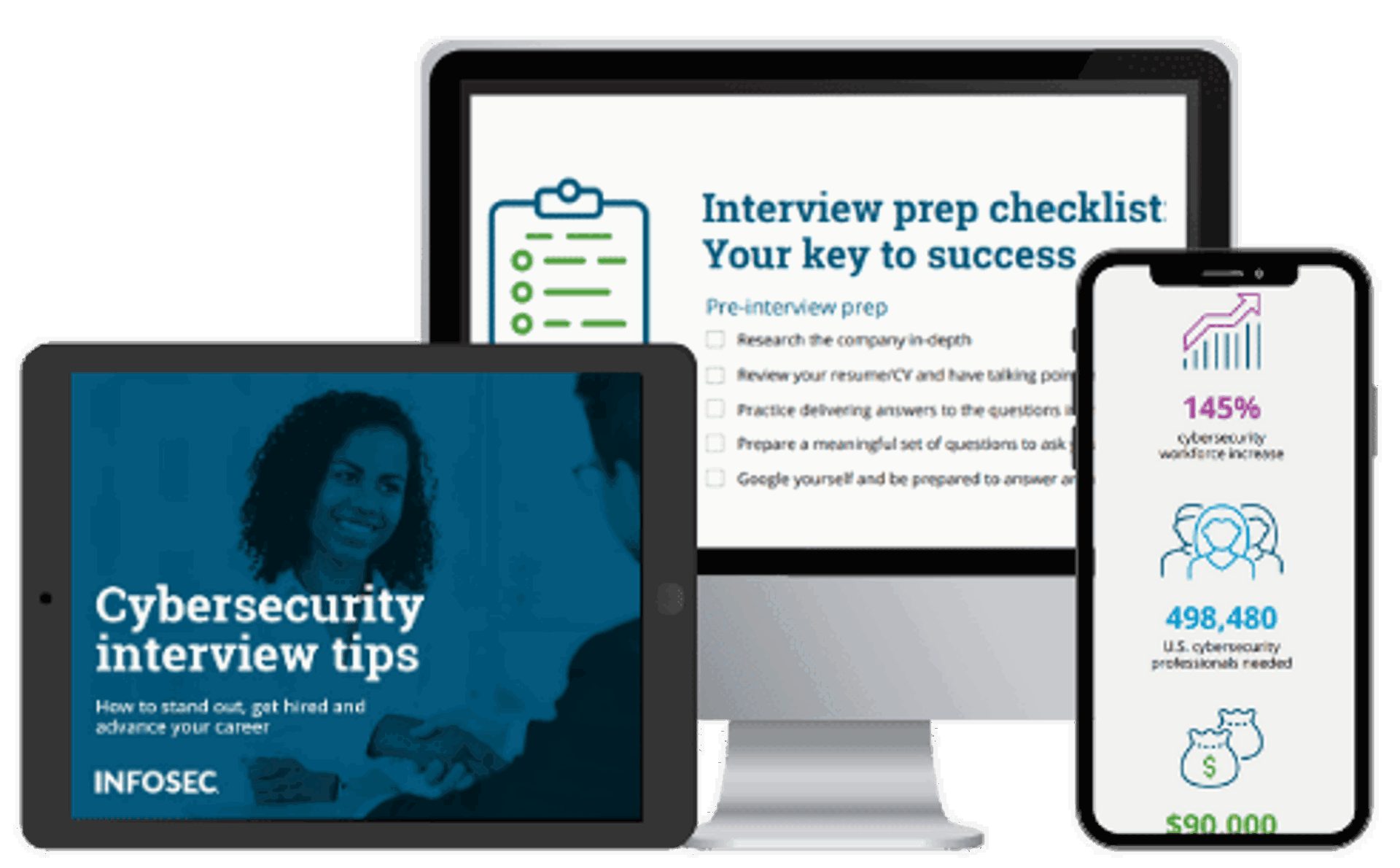
Secure coder interview questions
As you apply to secure coder jobs, expect to get a lot of questions from potential employers. These questions help companies evaluate whether a candidate fits their team well.
Common secure coder interview questions include:
- What is your understanding of cryptography?
- Can you explain the difference between symmetric and asymmetric encryption?
- How do you secure web applications against common vulnerabilities?
- What is the OWASP Top 10, and why is it important for software engineers to be familiar with it?
- Explain SSL and TLS in your own words.
Read our Top 10 secure coder interview questions article for the answers. For even more guidance, download our ebook: Cybersecurity interview tips: How to stand out, get hired and advance your career.
Secure coder training courses
Live secure coder boot camps and on-demand secure coder courses provide expert, guided instruction to build your knowledge and skills. A few popular options are listed below:
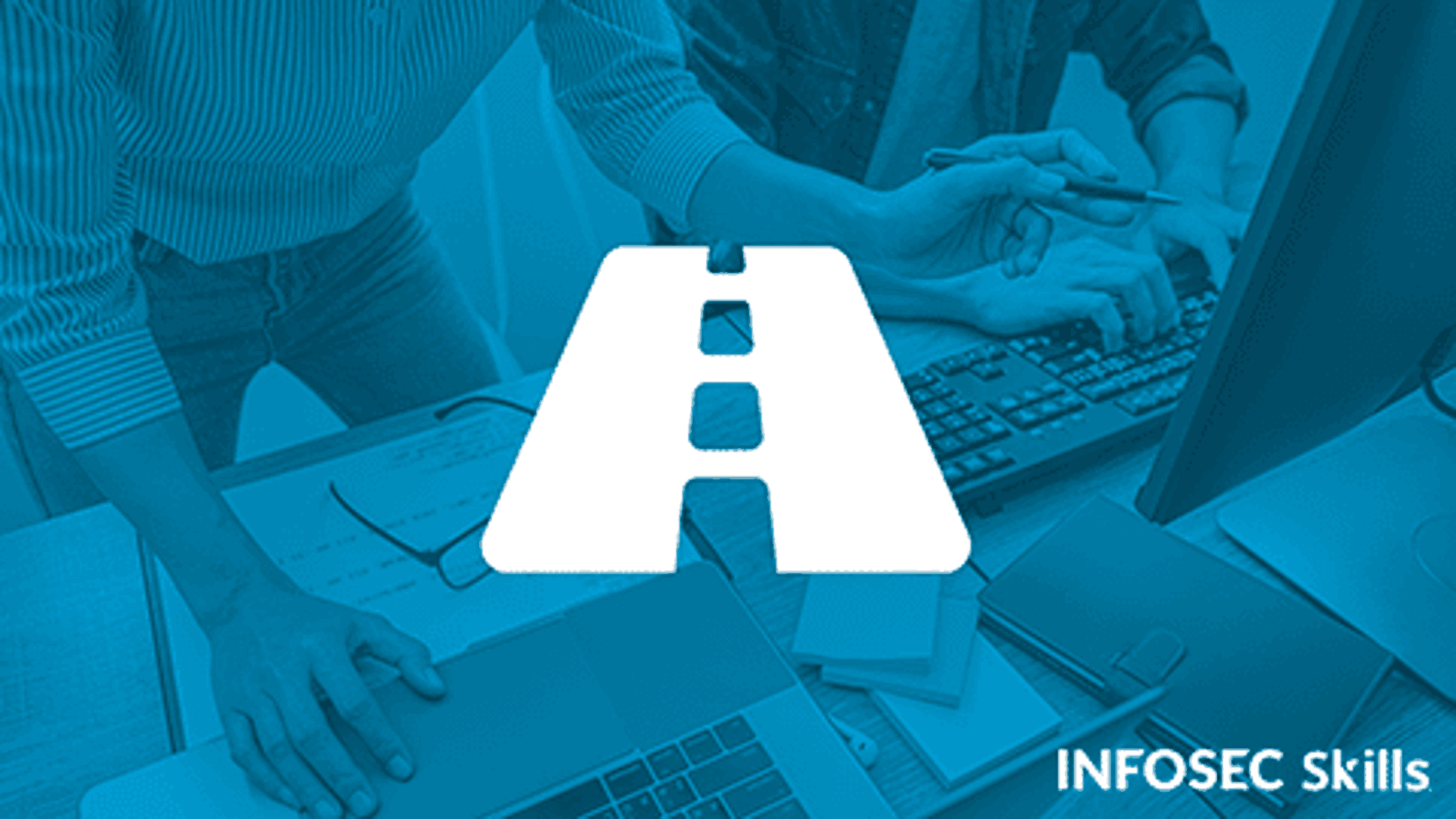
Writing Secure Code in ASP.NET Learning Path
This learning path covers the knowledge and skills required to execute secure coding practices.
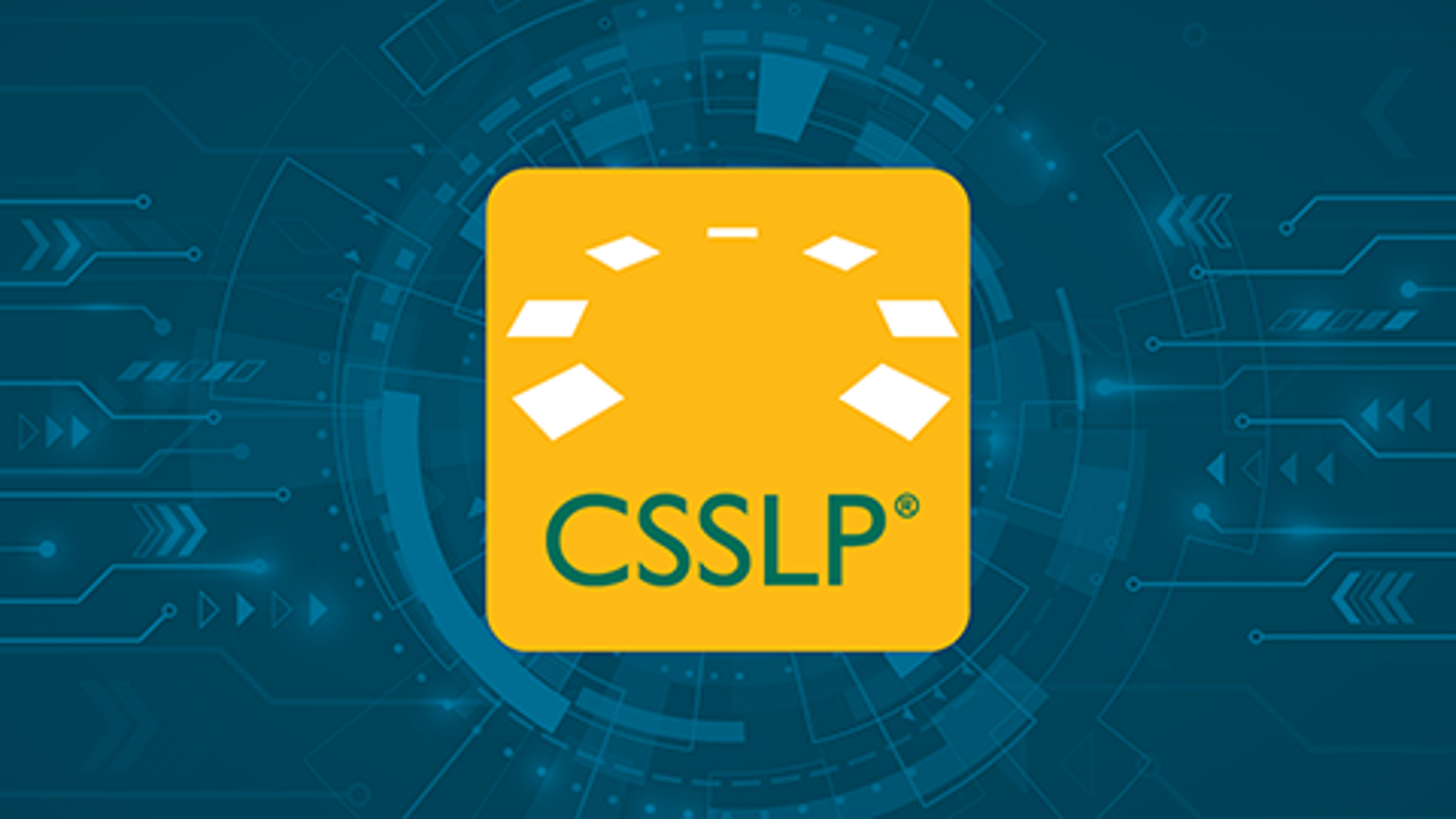
(ISC)² CSSLP® Training Boot Camp
Become a Certified Secure Software Lifecycle Professional. Acquire the knowledge and skills to incorporate security practices throughout the software development lifecycle (SDLC).
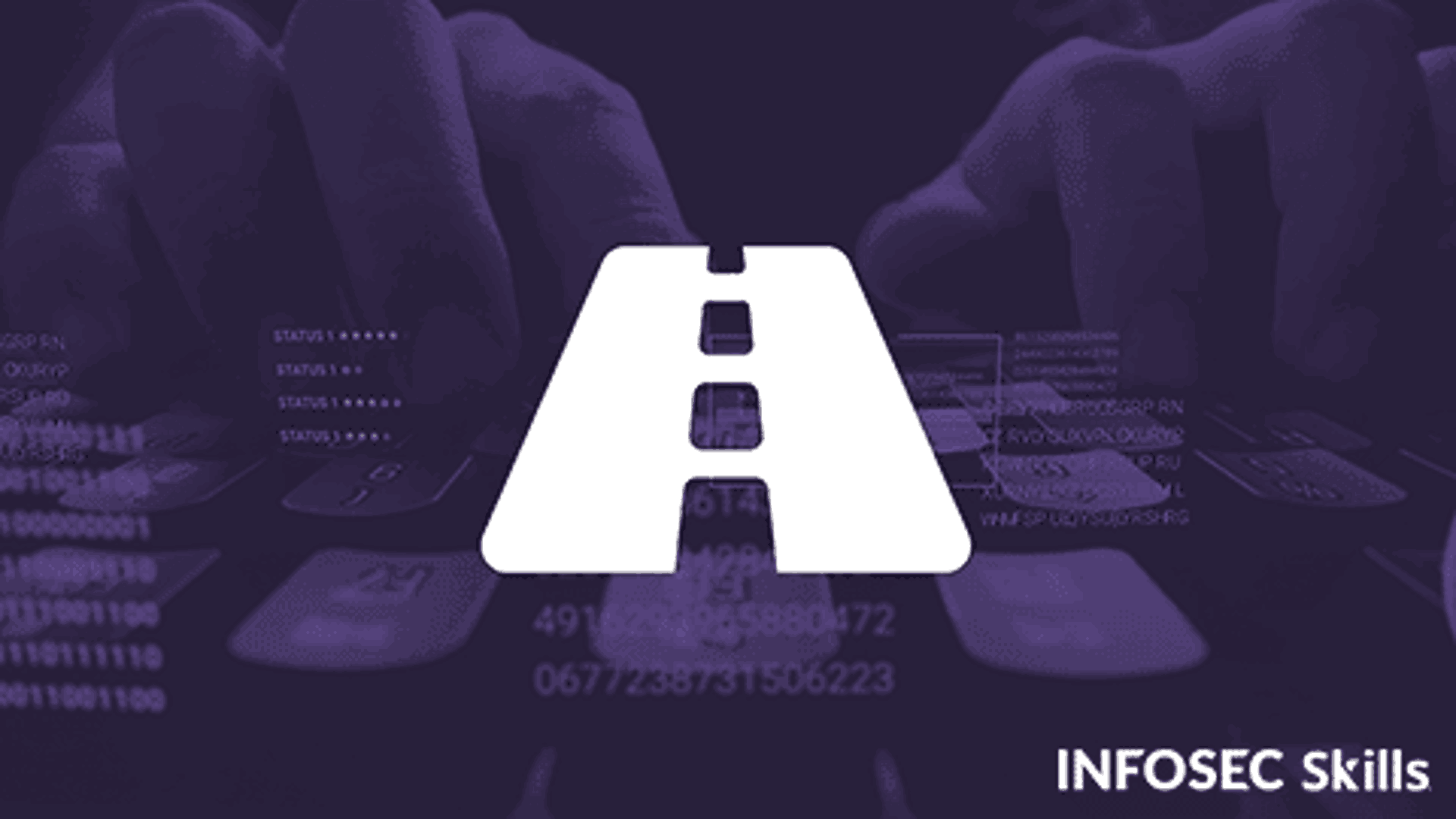
Writing Secure Code in Node.js
This learning path highlights the techniques used to attack and protect Node.js applications.

OWASP Top 10 Training Boot Camp
Get a practical overview of the ten most critical web application security risks in this two-day training.
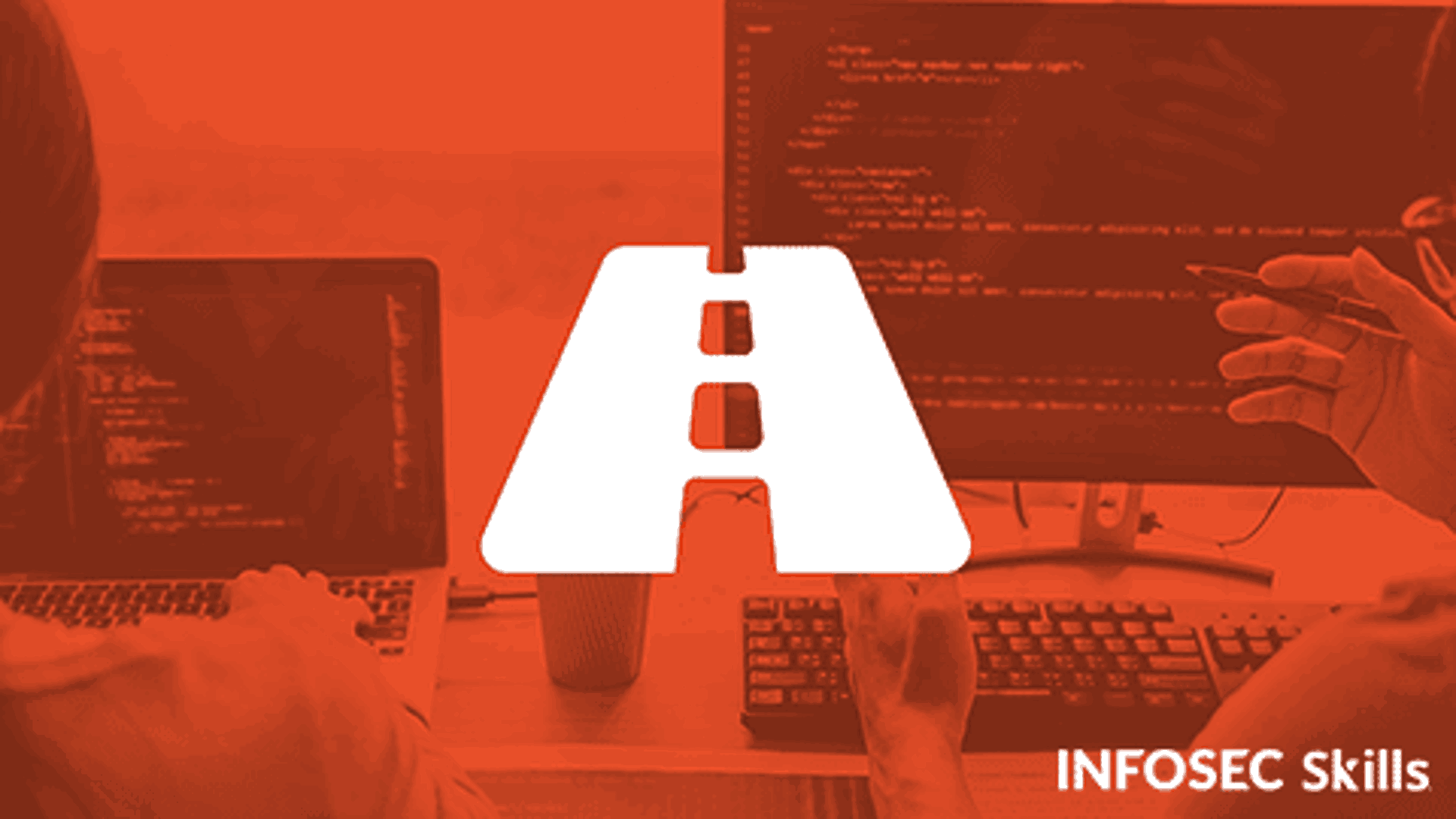
PCI DSS for Developers Learning Path
This learning path provides insights into the PCI DSS framework and requirements applicable to software design.

Secure Coding for .NET Training Boot Camp
Learn how to develop and deploy secure .NET applications in this three-day training.

Secure Coding in PHP Training Boot Camp
Learn how to make PHP applications resistant to attacks like script injections and session handling in this three-day training.

Secure Coding for C/C++ Training Boot Camp
Understand the root cause of typical C/C++ programming bugs and prevention methods in this two-day training.
Free & self-study resources
Take advantage of the many free secure coder resources to gain the foundational knowledge and skills for your career. Not sure where to start? Here's a list to begin your secure coder journey.
Take your next step to success:
- Start an Infosec Skills free account
- Explore the Infosec Resource Center with role guides and plans
- Watch the Cyber Work Podcast
Read these popular security career articles:
- 7 steps to building a successful career in information security
- 10 reasons why you should pursue a career in information security
- Most valuable cybersecurity skills to learn
- Which cybersecurity certifications are best for your career?
- How to specialize in cybersecurity: Find your path and your passion

Most recent secure coder articles

Introduction to Secure Software Development Life Cycle

Top 10 secure coder interview questions and answers



Only 20% of new developers receive secure coding training, says report

Best CSSLP study resources and training materials

Software dependencies: The silent killer behind the world's biggest attacks

Dumping a complete database using SQL injection
Stay up on the latest trends and insights with Infosec's blog.


